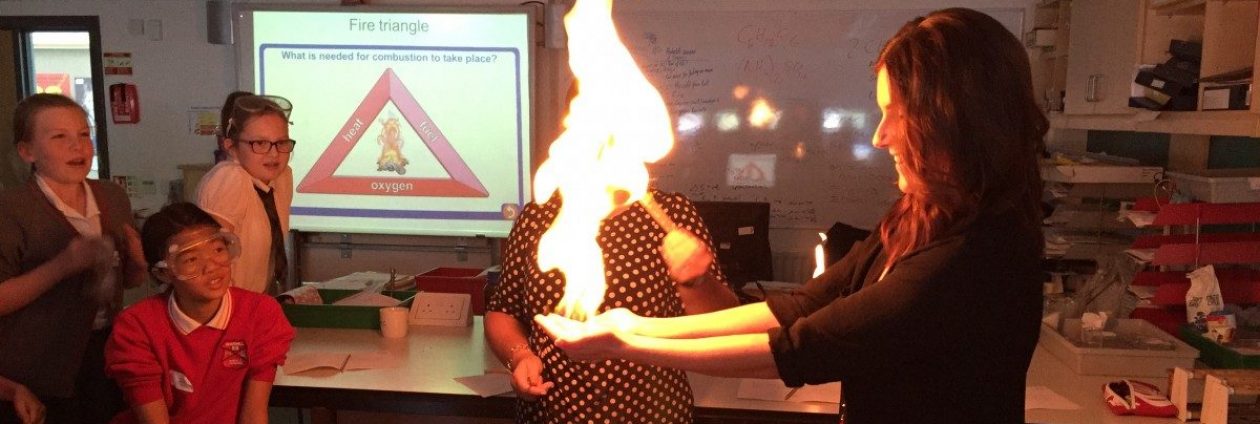Why study Human Biology?
Human Biology has wide range of appeal and interest because of its relevance to people. The course is designed to enable you to develop an understanding of the way biological principles can be applied to many issues facing individuals and society today, such as health care and increasing population.
The skills you learn in Human Biology are useful in further study or careers in the life sciences.
What do I need to get in?
Entry is at the discretion of the school or college, but you would normally be expected to have achieved National 5 Biology
What will I study?
This course aims to give you a deeper understanding of cellular processes, physiological mechanisms, communication between organisms, and the biology of populations as they apply to the human species.
The course consists of three areas of study.
Human cells
Key areas covered are:
- Division and differentiation in human cells
- structure and replication of DNA
- gene expression; mutations
- human genomics; human genomics
- metabolic pathways
- cellular respiration; and energy systems in muscle cells.
Physiology and health
Key areas covered are: Gamete production and fertilisation
- hormonal control of reproduction; the biology of controlling fertility
- antenatal and postnatal screening
- the structure and function of arteries, capillaries and veins
- the structure and function of the heart (CVD) and blood glucose levels and obesity.
Neurobiology and immunology
Key areas covered are:
- Divisions of the nervous system and neural pathways; the cerebral cortex
- memory
- the cells of the nervous system and the neurotransmitters at synapses
- non-specific body defences; specific cellular defences against pathogens
- immunisation
- clinical trials of vaccines and drugs.
How will I be assessed?
The course assessment has three components totalling 140 marks:
- Component 1: question paper 1 (multiple choice) – worth 25 marks
- Component 2: question paper 2 – worth 95 marks
- Component 3: assignment – worth 20 marks.
For the assignment component, you will be required to research a topic and produce a report on your findings. Your research must involve experimental work and the gathering of data/ information from the internet, books or journals.
Both the question paper and the assignment are set and externally marked by the Scottish Qualifications Authority (SQA).
The grade awarded is based on the total marks achieved across course assessment.
The course assessment is graded A-D.


